Do you need to be green to be seen?
Host: Mudgeacca Station
Written by Claire Britton, Station Manager
We took on Mudgeacca and its organic certification with optimism. It was unknown territory to us all, but Mudgeacca itself has been organic since 2001, so we let it teach us a few things so to speak. Without all the paperwork that comes with it, we soon found out our other blocks could be already organic anyway.
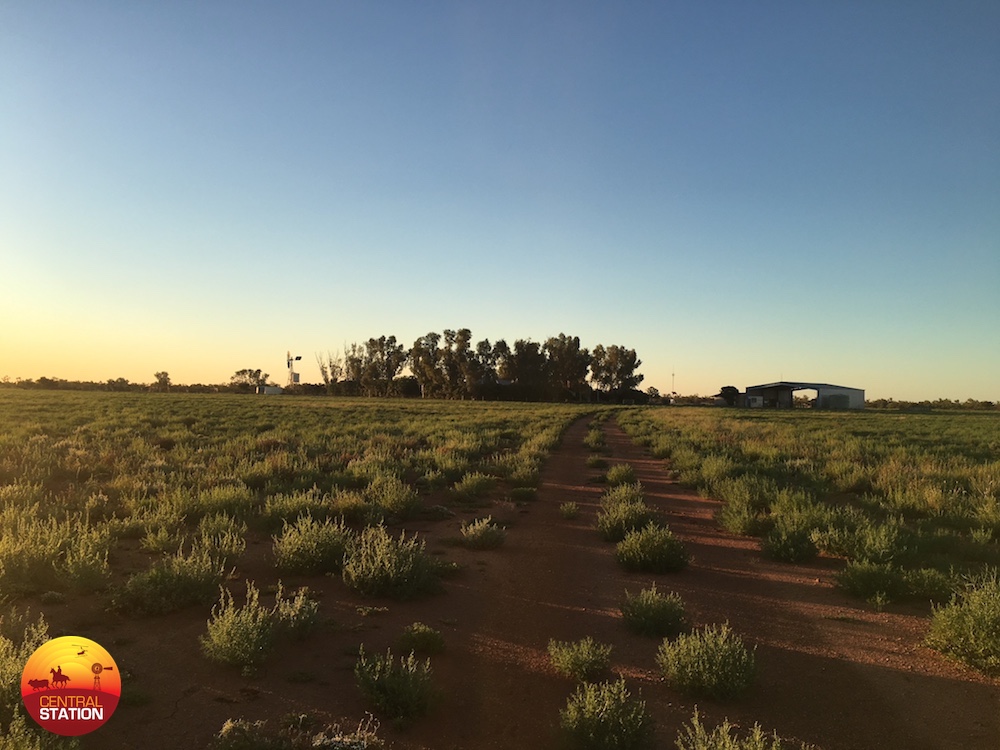 Mudgeacca Homestead surrounded by greenery in the peak of our ‘wet’ season.
Mudgeacca Homestead surrounded by greenery in the peak of our ‘wet’ season.
Going into it head on, I already knew a few people’s thoughts on being organic. Neighbours opinions were that we didn’t bait to control wild dogs, and therefore didn’t care to do anything about the dog numbers at all. We also can’t ‘poison’ weeds, and therefore deemed uncaring or blamed for turning a blind eye to the fact we had a weed problem which obviously affects our downstream neighbours. But I soon learnt that just because we were ‘Organic’ didn’t mean there weren’t ways around such issues.
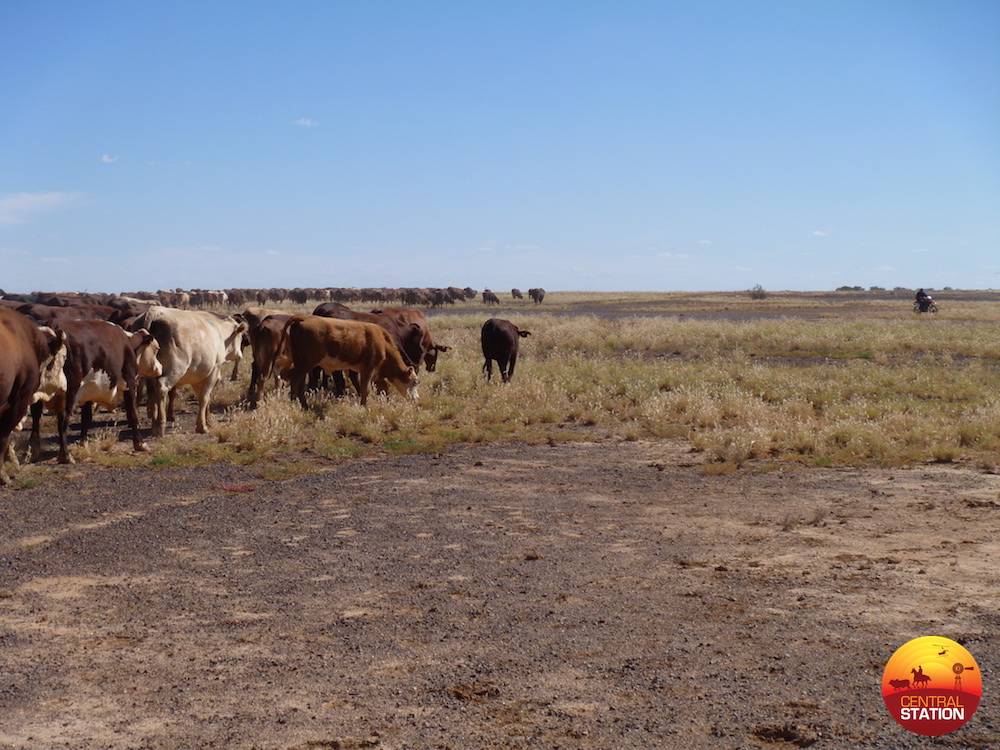
We certainly can bait, but it must be in an enclosed area and the baits must not be able to get into the drinking water of the cattle. For example, I can place baits in a large fenced enclosure which may have a fully covered tank in it, and then provided our certification company with an updated map showing where baits are laid. There is also the option of trapping wild dogs, along with shooting when sighted, same with feral pigs.
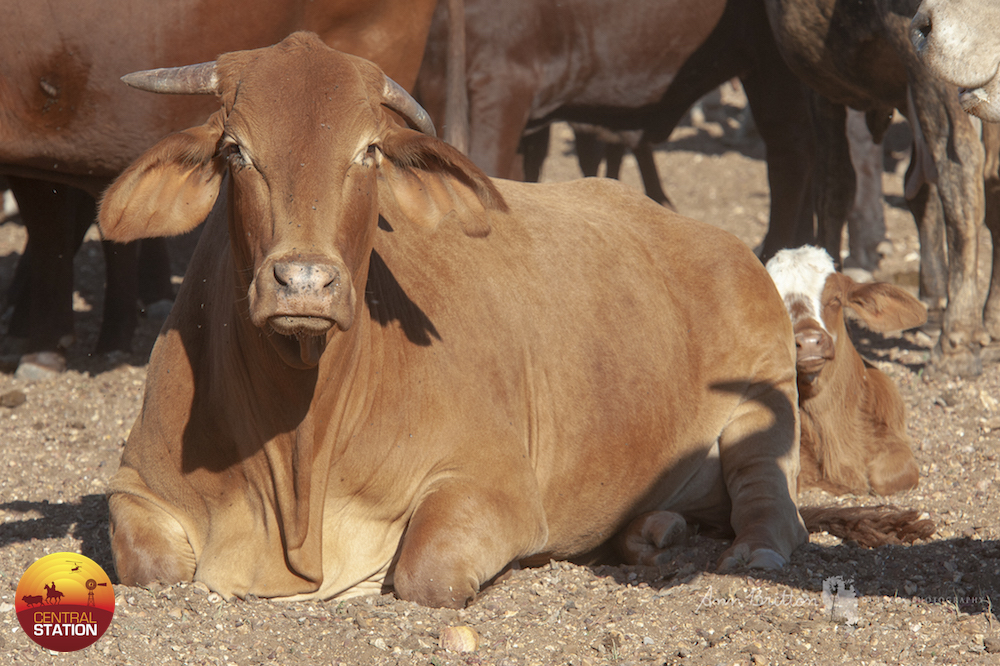
With the weeds, we can opt out a paddock or as many paddocks as we like for three years minimum to control the weeds, and still run non-organic cattle in those paddocks for that period. Again, simply just providing an updated map to our certification base. So yes, we still do care about controlling weeds and pests, it’s simply a case of being honest and getting the job done.
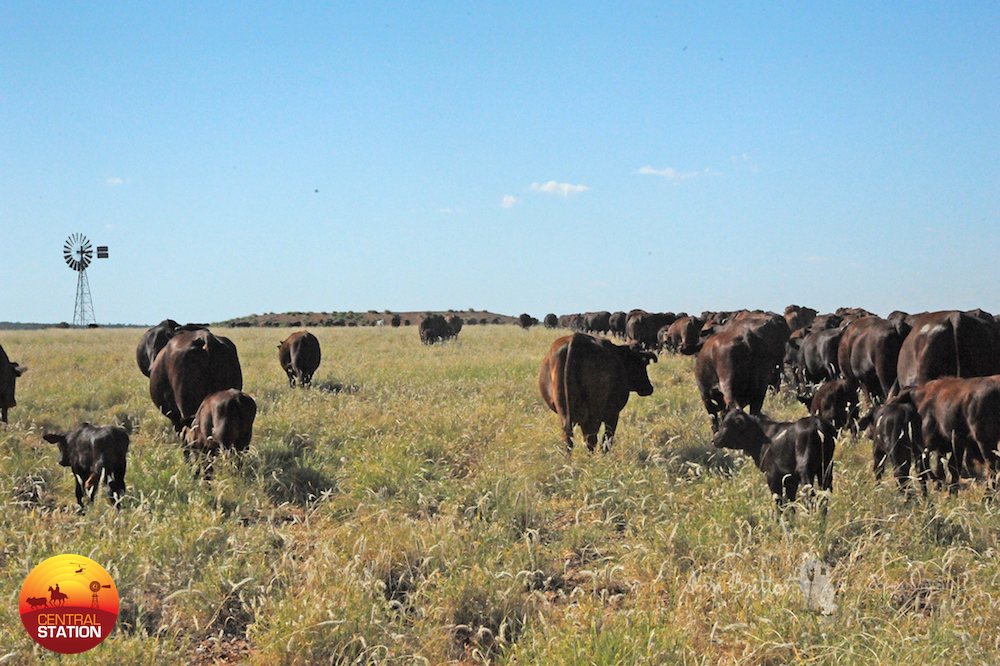
With a signed letter from a vet we still needle our breeders and herd bulls for botulism once a year. It simply is best practice, botulism is very prevalent in this part of the country and is a god-awful way to die. We source Organic certified hay to feed our weaners when they are in the yards getting educated, and if any cattle need to stay in the yards for a longer than usual period. But generally, at mustering our cows are in and out of the yards and back onto pasture within 24 hours. Organic or natural fly deterrent spray is also commonly available when the pesky flies get thick, generally after rain or flood. It would be outright cruel not to spray cattle to keep flies at bay, especially if they are coming into the yards anyway at mustering time and readily available to treat up the race.
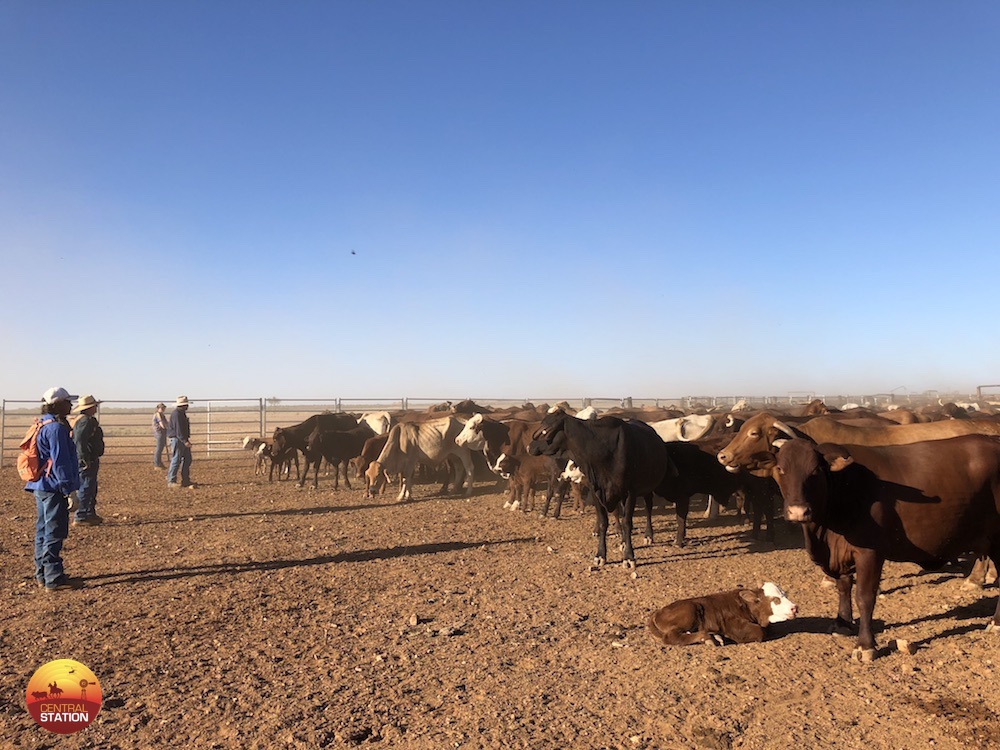
There is a growing number of certified organic blocks in our district, which makes sense as most blocks are quite literally organic, just without the paper work. Our cattle graze freely all year round. We aim and are very proud to have quiet cattle, it makes our job and their stress minimum when it does come time to muster or move them for any reason. We do use ‘machines’ to muster, being bikes and chopper, but our cattle are familiarised to it, they don’t gallop from one end of the paddock to the other when they hear the noise of the chopper or bike. We have control of our cattle when they are quiet, therefore we can stop them trotting and pull them up to let the tail catch up. If anything, being on the tail is the biggest job to keep them moving as they are so quiet, a great problem to have.
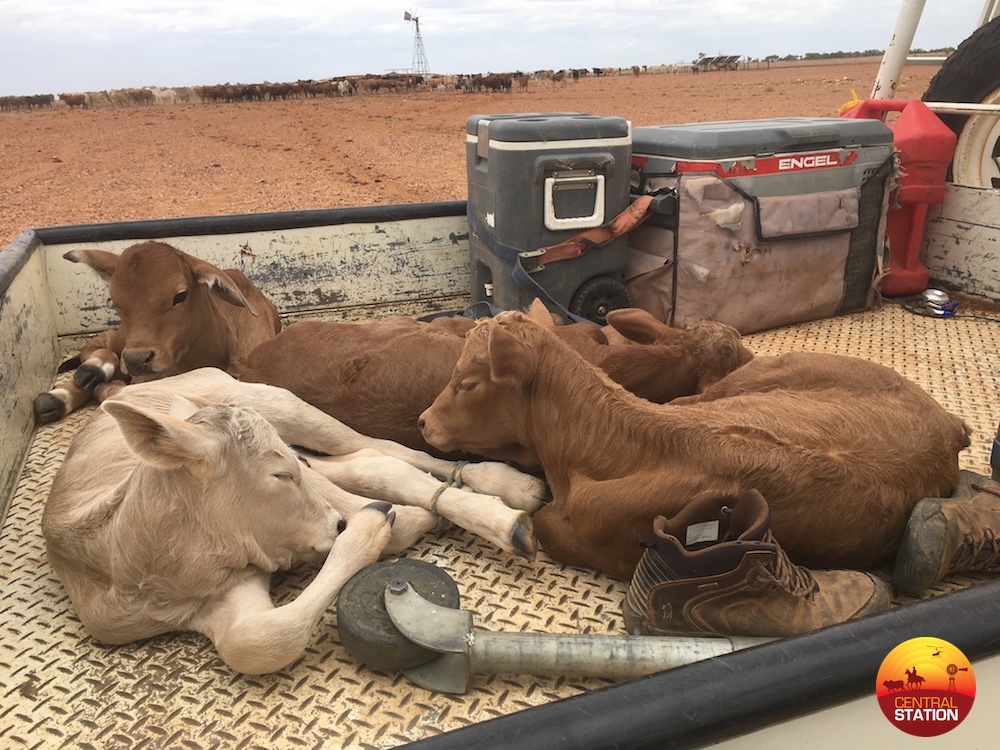
There are also more saleyards becoming certified organic, therefore opening a closer market to western Queensland. We all know freight is a big expense out here, and we just cop it on the chin, otherwise we wouldn’t live here and do what we do. But when freight charges can be lessened, it’s a plus! As we’ve had the reins here for just over 21 months, we are yet to sell ‘fat’ or heavy weighing organic cattle for direct consumption. We have sold weaners successfully at the Blackall sale with a small percentage going on to maintain their organic status. It’s baby steps for us. We will eventually certify another block to be organic and have options to ‘fatten’ steers or cull heifers for slaughter, but in the meantime we are just monitoring the grass bank we have scored from the flood and holding onto the cattle we viably can.
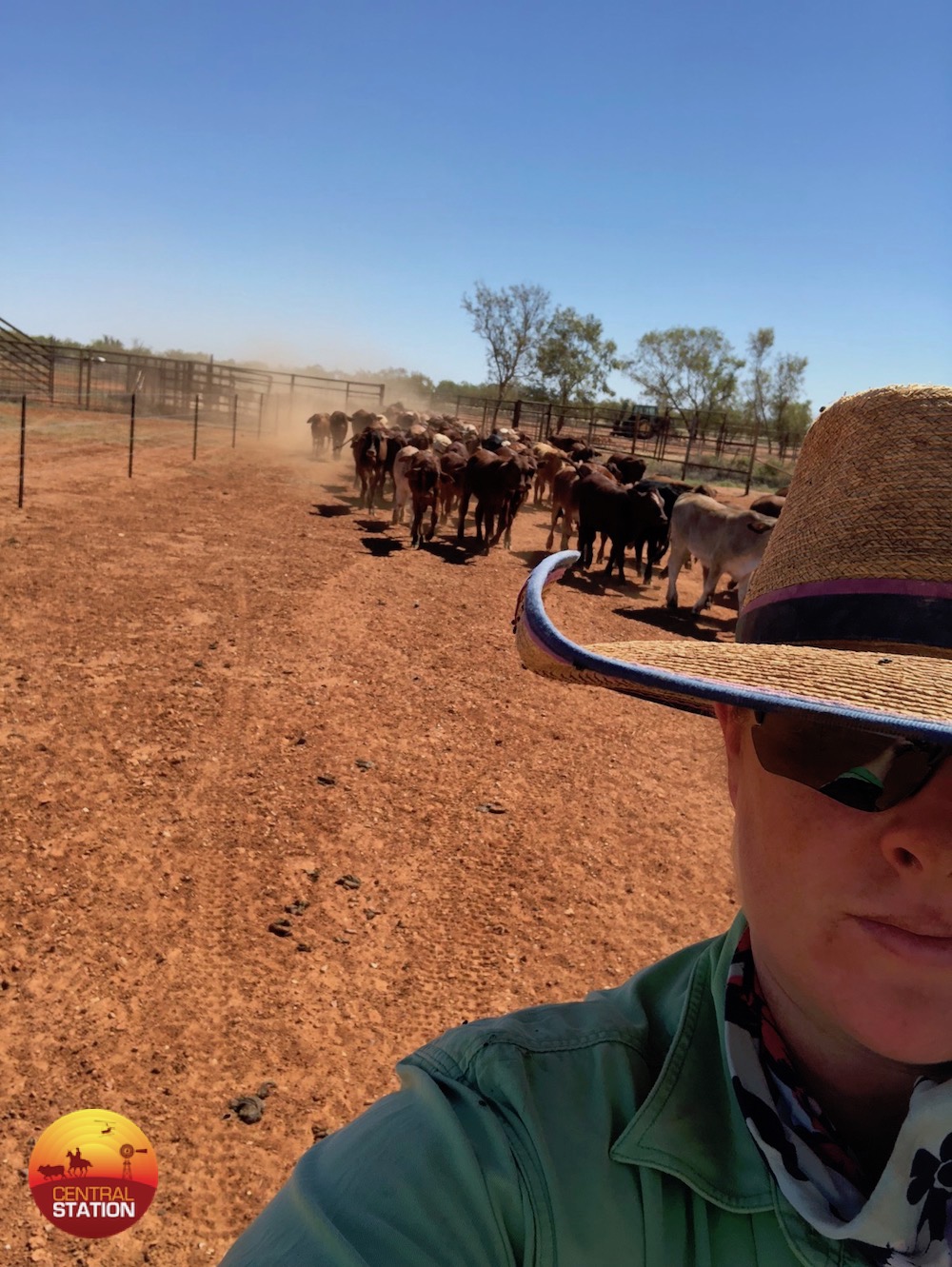
I would certainly recommend becoming organic to any beef producer, you’re labelling your product as clean and healthy. We already know our non-organic cattle are that already, but it’s worth taking that next step and telling your consumers and buyers that yes, we’ve gone that extra mile to state our beef is top notch and the animal has had a chemically free, happy life. Our consumers are caring more and more about the animals welfare and general life, and I don’t blame them. Anybody is welcome to come and drop me a visit to see how the cattle live their days here and what steps we have in place to ensure they are all living their best lives. It’s good to be green, and to be seen!
